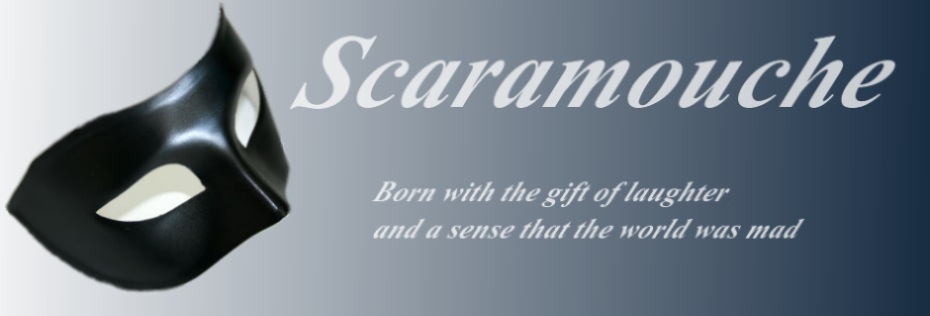David Horowitz writes a sweet and rueful tribute to Christopher Hitchens, his self-destructive friend:
He was a man of the Left to the end, and that is where he went to die. In his last decade he had held his comrades to account for their malicious support for the tyrant in Iraq and their equally disgraceful attacks on their country for its support for freedom. It was his remarkable achievement to retain his standing in a movement committed to those ends. He was able to do so in part because of his final campaign against God, which occupied the main part of his dying days. I understand why Christopher did this, even though its ordeals took precious time and attention from his family and friends and from himself. He was when all was said and done a romantic, who sacrificed his life in this world to the fantasy of a future he imagined – first without capitalism and then without faith.
I have missed Christopher since the day he was given his death sentence. I have reflected more than once on the times I saw him early in the day with a drink in one hand and a cigarette in the other and the look of a man who had been freshly mugged, and thought my friend is killing himself, knowing that there was nothing I could say or do to stop him. After his diagnosis, Christopher defended his reckless self-destruction saying it helped to make his life give off “a more lovely light.” I think it did for him, and am glad for that, though those of us who enjoyed its pleasures will wish he had found some other way to shine.I could be wrong, but I believe Hitchens was citing that poem by Edna St. Vincent Millay:
My candle burns at both ends;
It will not last the night;
But ah, my foes, and oh, my friends—
It gives a lovely light.

No comments:
Post a Comment